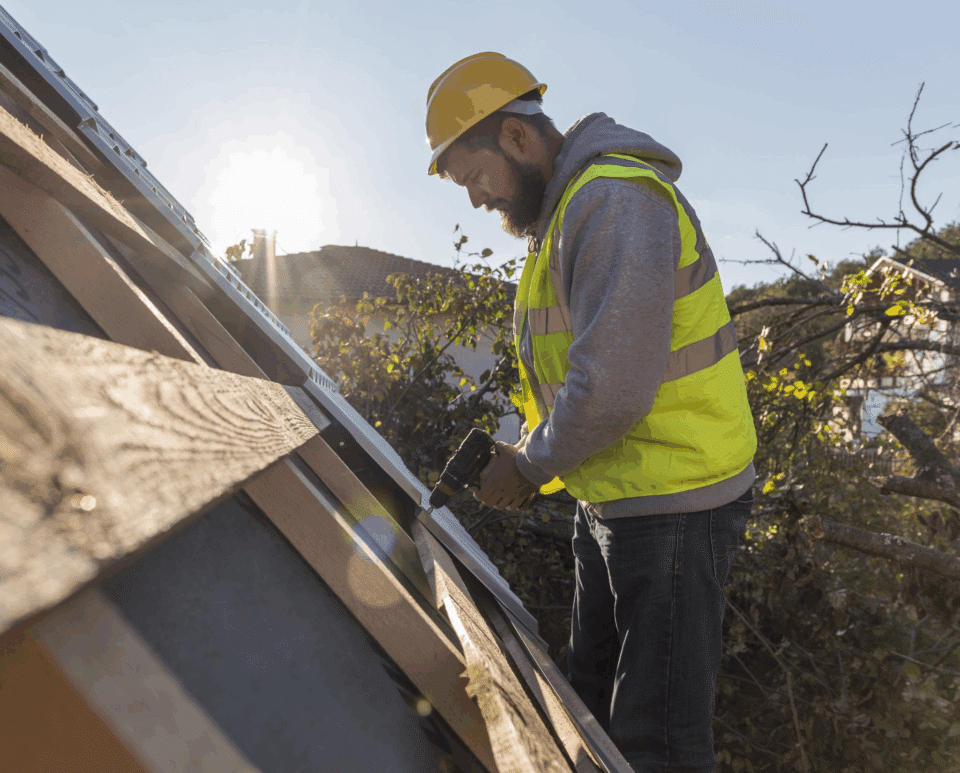To devise a plan, you need to know what you’re up against. That’s why a house survey is the first step in any renovation or extension project. In the case of an energy upgrade you’ll get an assessor to evaluate how much insulation is in the house (much of it will be done on assumptions as it’s not an invasive process) and this report will form part of your grant application in ROI.
For a change in layout, you’ll have an architectural designer give you a set of plans of the house, to compare to the proposed plans they suggest.
If you’re in the process of buying the house, a building survey will include any defects and will evaluate the structural elements and identify any flash points such as asbestos. You can get one done on your existing home too.
Beyond the condition of the house, you also have the garden consider. There are planning restrictions, e.g. if you extend you have to leave a certain amount of garden space, but also the question of whether there are services running in the back yard. You’ll need to find out if that’s case, because you’re not allowed to build over them. In NI you may be able to apply to get consent from the authorities to do so.
As for trees and vegetation, there’s the issue of overshading for solar panels and general enjoyment of your outdoor area. And, if too close to the house, trees and hedges with aggressive root systems will have an impact on your structural engineer’s calculations for the foundations.
As seen previously, if the plan is to create new openings or extend upwards regulations will have you consider potential issues with overlooking. In addition, you’ll need to consider the flow of the back garden, from bin areas to sheds and perhaps a patio or green space.
In rural areas you may have an on site wastewater treatment tank that’s not quite up to scratch; grants are hard to get to replace it and even if you don’t qualify you’re better off replacing it responsibly than having to deal with the consequences near your house.
Fresh water connections are likely to be in place but check the state of the plumbing (there’s a grant to replace lead pipes in ROI for example).
With electrics, a meter will be in place but investigate the possibility of getting a smart meter installed as that can save on your bills. If the wiring in the house is in any way old and you plan to do some work on the house, your electrician is likely to encourage you to rewire it entirely so they can sign off on the cert.
Getting the basics right is the most important, but it can be expensive so budgeting for them early on is important.











